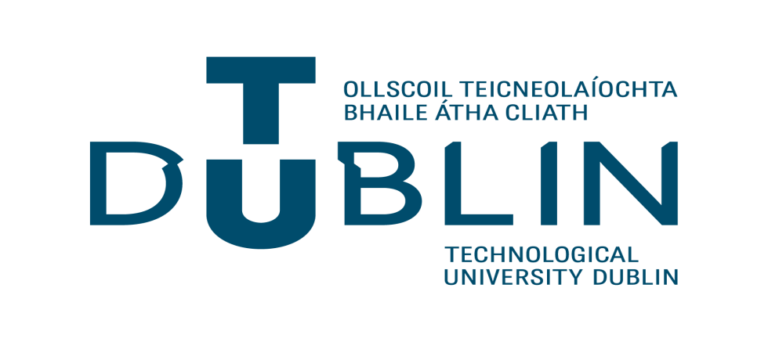As prospective CAO applicants across Ireland consider how they can turn their interests in creative sustainability into a fulfilling career, a new programme in Sustainable Timber Technology at TU Dublin could be the answer. The degree programme has been designed to embrace the Sustainable Bio-economy and will be of particular interest to students passionate about tackling climate change.
As part of its strategic plan to 2030, TU Dublin has set the goal of becoming ‘a Powerhouse for Living and Breathing Sustainability‘. The learning outcomes in Sustainable Timber Technology have been designed to educate timber technologists for the increasingly wide-ranging roles in the industry.
Commencing in September 2021, this immersive, four-year, full-time course has a mix of theoretical and skills-based modules. Cross-disciplinary skills such as critical thinking, creativity, management, collaboration and professionalism complement the central focus on wood science, timber skills and production management.
Describing the new programme, Joseph Little, Assistant Head, Dublin School of Architecture begins by saying “Timber is beautiful! It is 100% renewable and can be shaped into an endless variety of high-quality products with significantly lower carbon emissions than other materials. This means that forests, and timbers sustainably harvested from them, can play a central role in addressing the global environmental crisis.”
European forests are increasing in size; new timber innovations are identified every week, and the associated industry is growing in confidence, sophistication and size. With so many breakthroughs and so much at stake, he believes there has never been a better time to become a Timber Technologist.
Joseph Little says there are several reasons why students should consider a career in Timber. “The harvest from Ireland’s forests is set to double in the next 15 years, with employment expanding from 12,000 to 20,000 jobs. The industry needs timber technology graduates to fill a wide variety of roles from managers in joinery workshops or sawmills to drawing office technologists in timber frame companies, and from skilled craftspeople to product researchers and innovators, quality assurance technologists, technical sales, consultants, and exporters. Ireland has some catching up to do to gain the maximum environmental and financial benefit from our timber, but now is the time.”
Internationally, the pace of innovation in timber has been exponential. While 20 years ago, a timber building of even four storeys was considered remarkable, the current tallest timber building of 18 storeys is expected to be outstripped within a year. Digital technologies complement traditional skills, making a huge variety of timber products in new and surprising ways, from highly insulating composite timber windows and luxury kitchens, to timber frame housing and massive timber skyscrapers, to computer keyboards, and even jewellery.
In an exciting development, scientists are currently researching the use of dried plant matter (such as bark, harvested tree logs and chippings) as a feedstock for bio-refineries that could replace unsustainable petrochemical refineries to create new building materials, bioplastics, medical equipment, and even clothing and food.
Joseph Little believes the Timber revolution is well-timed. “It is clear that society needs to reject materials with a negative environmental impact, including petrochemical plastics and concrete, and switch instead to high-quality, low-carbon biomaterials such as Timber, whenever possible. Sustainable forest management and the production of high-quality, innovative timber products will become even more central to our well-being economy.”
Are you interested in joining the movement? See the course page on tudublin.ie.


